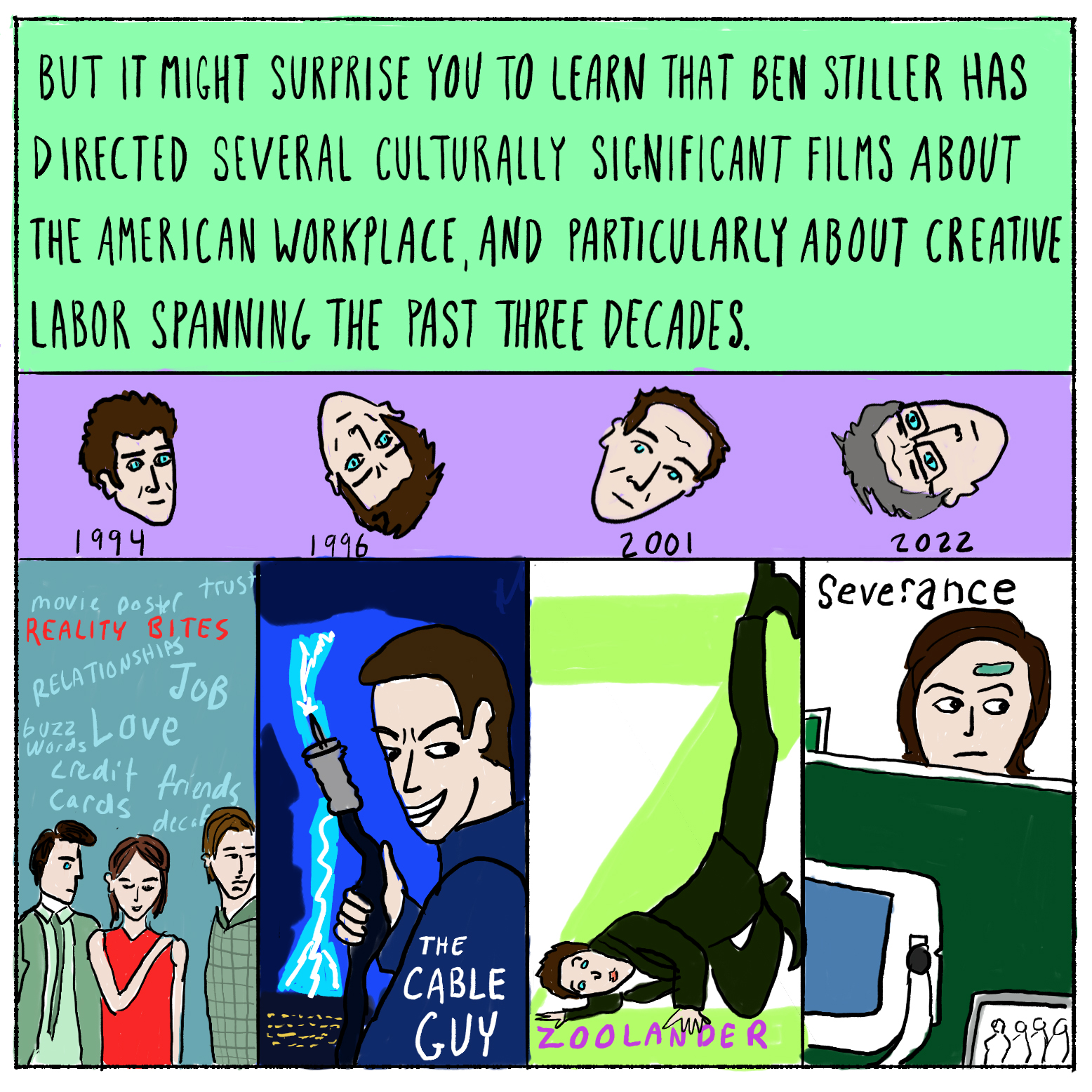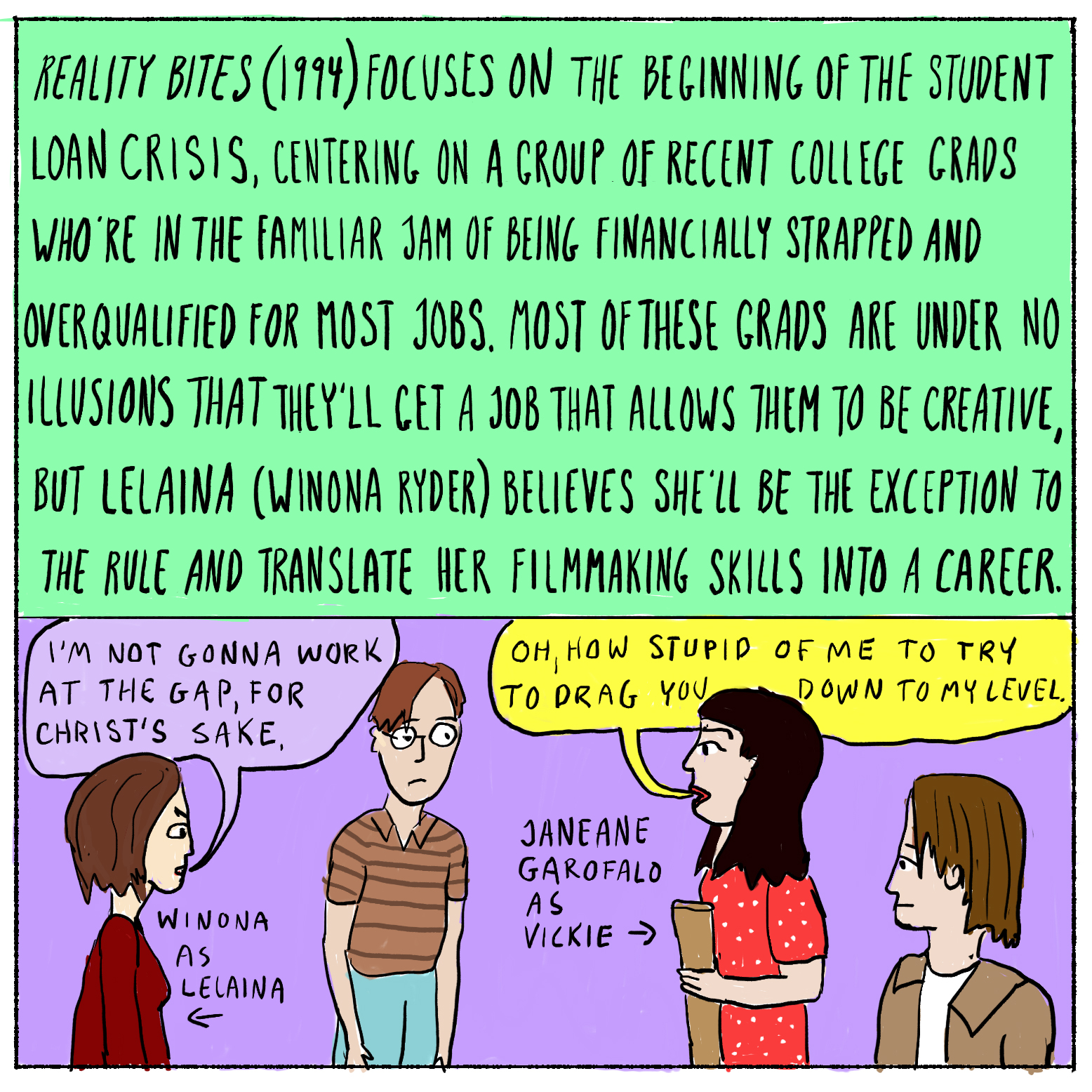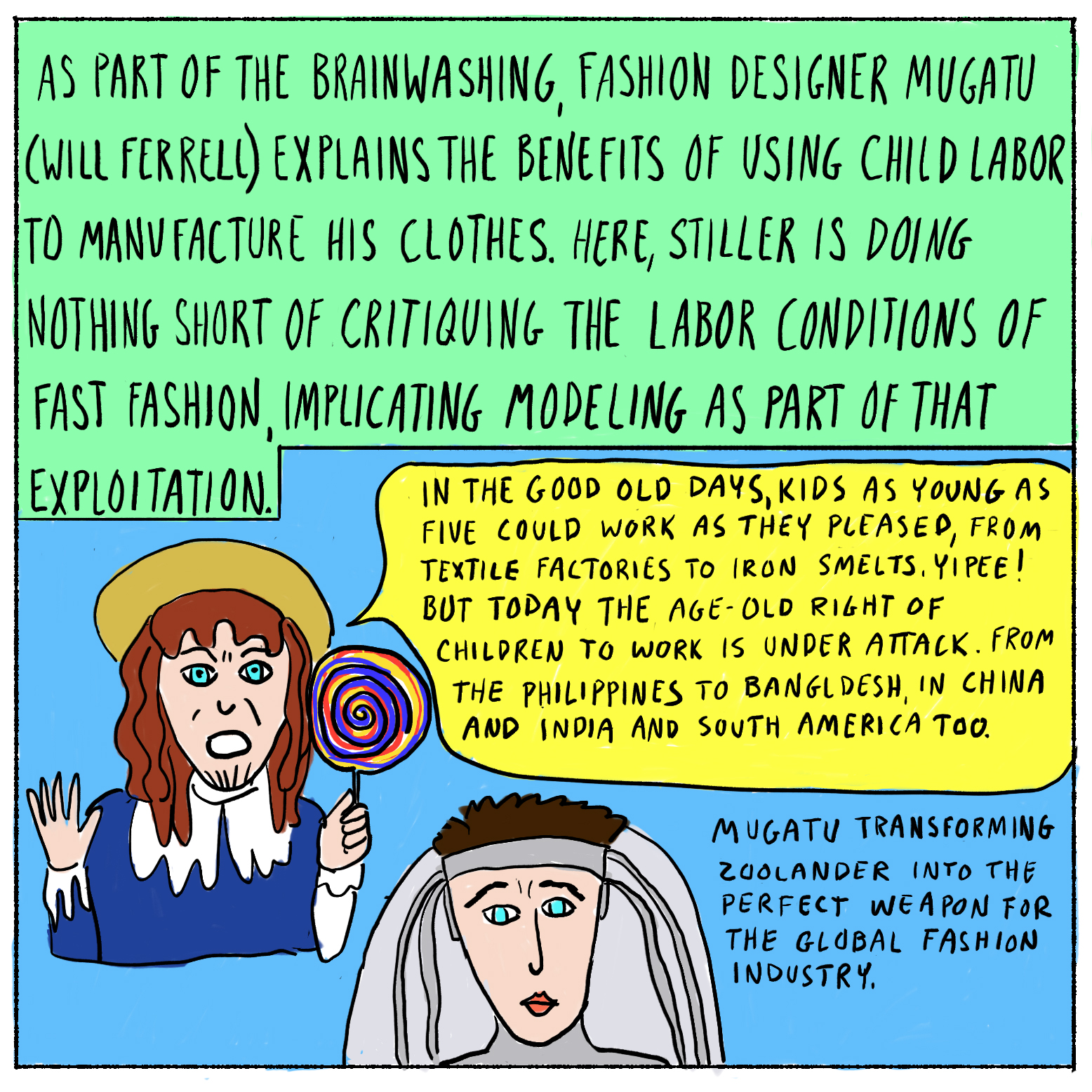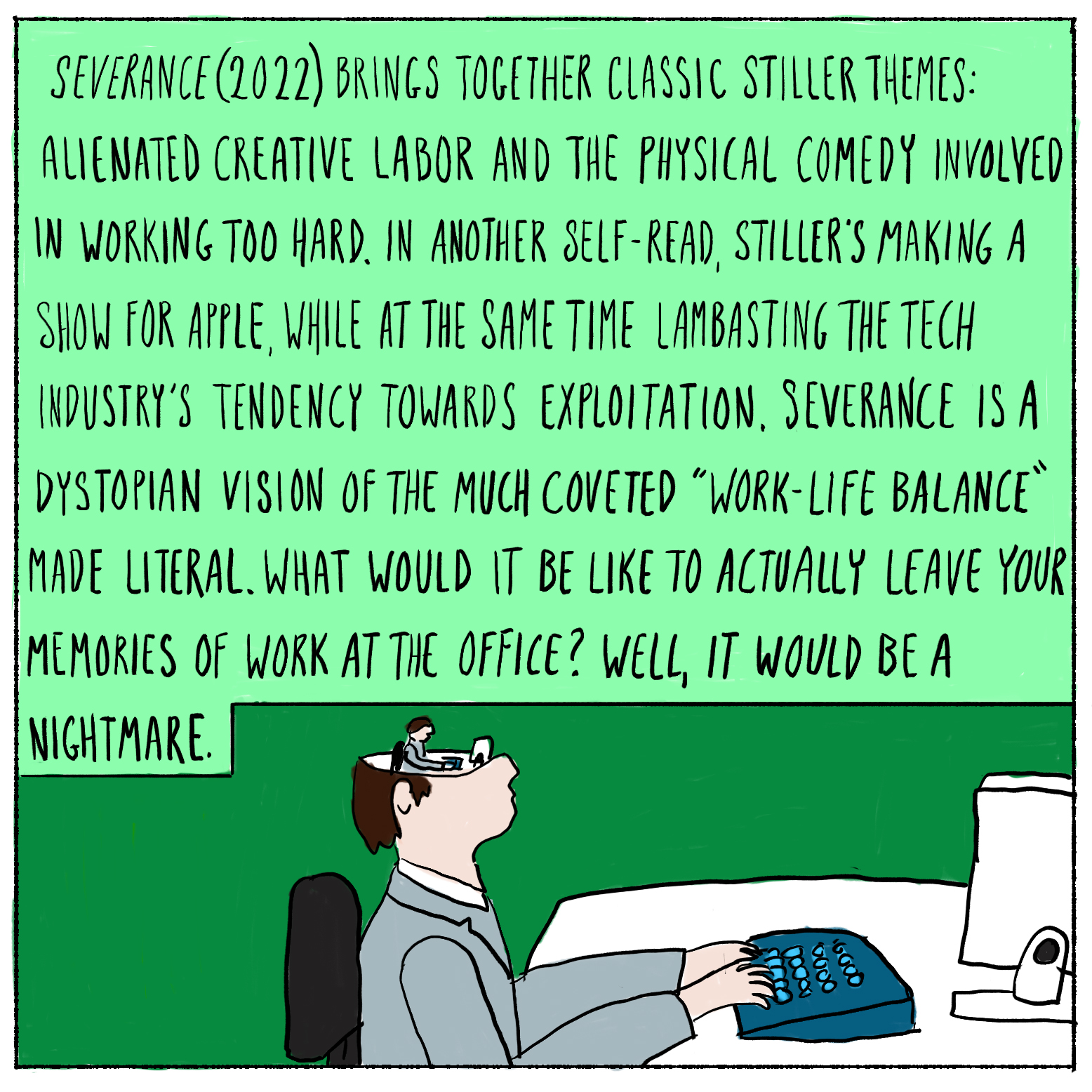The director of Reality Bites, The Cable Guy, Zoolander, and Severance is a consistent critic of how American labor works






A sale happens not because you want to sell, but because someone wants to buy

Founders can make or break a company, and getting over oneself is the key

A senior scholar at the National Academy of Engineering explains why human error is a symptom—not the reason—for most safety failures